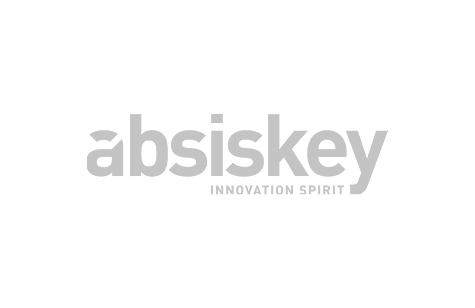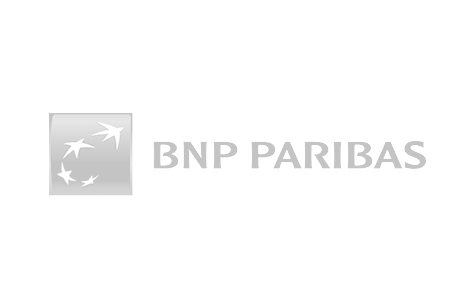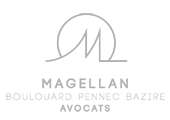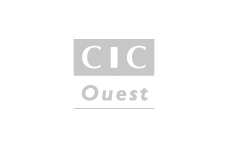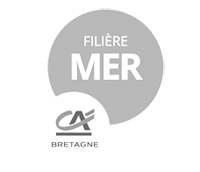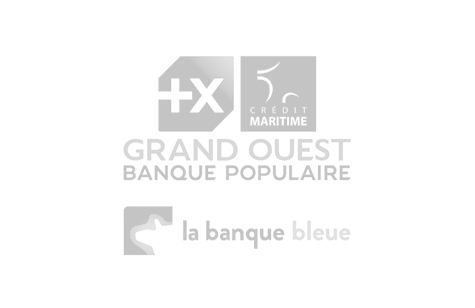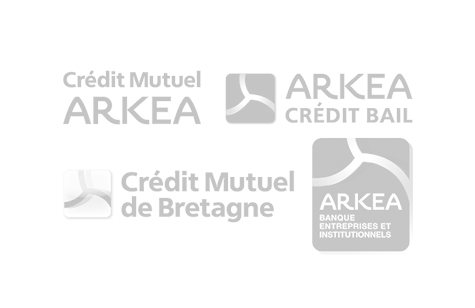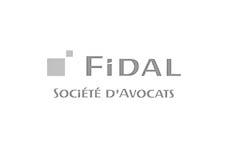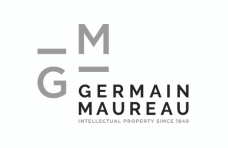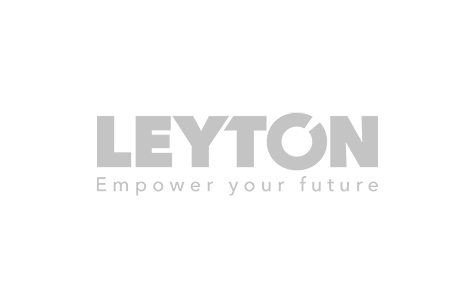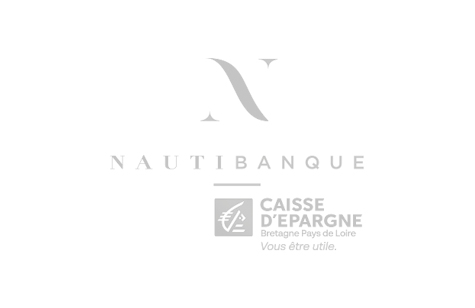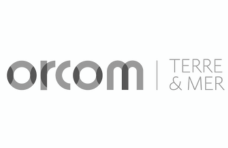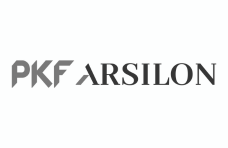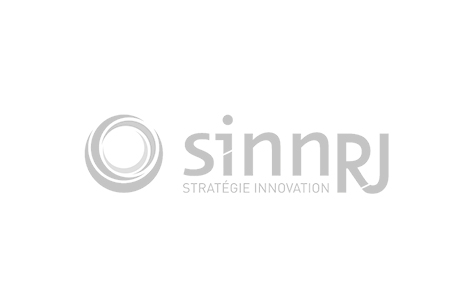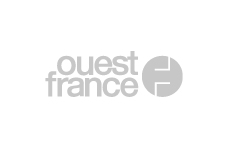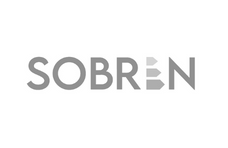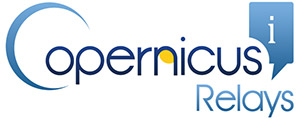The skills possessed by the Pôle Mer Bretagne Atlantique are organised into six major strategic areas. As part of the cluster’s new strategic road map (2019-2022), these areas, which are shared by the Pôle Mer Bretagne Atlantique and Pôle Mer Méditerranée, cover the emerging needs identified by the clusters’ members.
![]() Maritime defence, safety and security
Maritime defence, safety and security
Improving the performance and competitiveness of the means offered for maritime defence, safety and security will determine how successful we are in responding to the strategic issue of developing a sustainable blue economy. Innovation, digital transformation and ecological transition are key factors in achieving this objective.
This strategic area encompasses the means, products and services required in sea and coastal environments to monitor, prevent, plan and act in order to –
- Defend States’ interests and sovereign rights and ensure maritime territorial defence
- Combat illicit and malicious acts
- Reduce risks and enhance environmental protection
- Maintain public order and fisheries control
- Ensure the safety and security of persons and assets.
Key issues
To handle the scale of maritime space and related needs
• Drones for surveillance and intervention
• Energy chain efficiency
To reinforce human input and enhance personal safety
• Miniature sensors
• Maritime robots and cobots
To control information from capture to exploitation
• Artificial intelligence, big data and satellite data
• Connectivity and sensors
![]() Shipbuilding and marine leisure industry
Shipbuilding and marine leisure industry
Shipbuilding and the marine leisure industry cover innovations in products and services for the entire lifecycle of ships of all types size and purpose (maritime and river): engineering, design, construction, integration and trials, certification, exploitation, maintenance, modification and dismantling.
The unique selling point of the French shipbuilding industry is its high level of technological expertise. Although operating in an extremely competitive international economic context, it retains access to global markets as a result of the region’s strengths and assets. Opportunities for growth are centred mainly on –
- Design and manufacture of high added-value ships
- Specific designs and fittings
- Maintaining, repairing and modifying military, scientific, passenger and fishing vessels
- Naval architecture, fitting and construction of competition and working sailing ships.
Key issues
- To design, construct and operate environmentally friendly ships: eco-design and propulsion (such as electric, LNG, hydrogen and sail) for green and smart ships
- To enable the shipbuilding and marine leisure industry to produce safer, more intelligent ships
- To promote the use of new materials (such as biosourced materials) and new processes (such as additive manufacturing) in shipbuilding.
![]() Marine energy and mining resources
Marine energy and mining resources
Innovative exploitation of marine energy and mining resources falls into the following three main industrial categories –
- Marine renewable energy: floating/fixed offshore wind, tidal, wave and OTE
- Offshore oil and gas: exploration and exploitation of organic reserves, including LNG
- Deep-sea mining: ultra-deep mining (‐4000 m) of minerals such as polymetallic nodules, cobalt-rich crusts and rare earth metals.
Innovation within these sectors encompasses the entire value chain. It is focused on developing the technologies, services and training needed to respond fully to new usages relating to sea-based activities that are being developed to produce, store and manage energy and to exploit resources on and below the seabed.
Key issues
- To enhance the value of the French energy, maritime, shipbuilding and offshore sectors to accelerate the growth of activities linked to the exploitation of energy and mining resources
- To contribute to the development of technologies (offshore wind and tidal) that optimise costs
- To consolidate the industrial, R&D and educational basis of key MRE and deep-offshore activities through resource evaluation, environmental impacts and smart grids, for example.
Market segments
- Marine renewable energy
- Offshore oil and gas
- Deep-sea mining
![]() Marine biological resources
Marine biological resources
Three themes underpin innovation in this area – sustainable fishing, sustainable aquaculture and marine biotechnology.
Sustainable fishing covers the exploitation of fisheries resources and concerns the entire system of production from upstream fishing – shore, traditional, deep-sea and industrial – to downstream activities that add value to catches – whole and fresh products and initial processing. In particular, it concerns –
- Fishing from boats (cleaner, safer, more economical vessels), including communication and connectivity
- Increasing catch added value, and
- Reducing the environmental footprint of fishing, through selectivity, minimising physical impacts, energy saving and routing, for example.
Sustainable aquaculture covers all aspects of production of animal species – vertebrates and invertebrates – and plant species in fish farming, shellfish farming, micro- and macroalgae farming and offshore/onshore integrated multi-trophic aquaculture. In the case of microalgae and fish-farming species, this field also extends to freshwater species, which are an integral part of aquaculture as regards the technical and economic issues, commercial activities and markets in this sector. Enhancing the economic value of biomasses (as opposed to products/by-products) is also considered in the form of new techniques for conserving, processing, tracing and bringing products to market.
Blue biotechnologies encompass the entire value chain from understanding and characterising the potential of marine biodiversity in order to produce effective, natural active ingredients to developing optimised, biotechnological industrial processes that offer clean and profitable extraction and production of molecules/extracts using marine biomasses.
The three themes of this area incorporate issues of ecological transition and digital transformation alongside questions of education and training, attractiveness of the related professions and security.
Key issues
- To develop new technological and socioeconomic solutions that will ensure sustainable fishing: optimise fishing gear, reduce the environmental footprint, evaluate resources, increase catch added value and ensure food safety and security.
- To perfect solutions that will ensure high quality, sustainable aquaculture: develop species knowledge (choice and production cycle), manage emissions and inputs, establish integrated multi-trophic aquaculture and introduce alternative, plant- and invertebrate-based feeds
- To expand and accelerate the development of marine biotechnologies: explore marine biodiversity, scale up production and develop biorefining
![]() Environment and coastal development
Environment and coastal development
Work in this strategic area involves guiding members and encouraging collaborative innovation to increase support for activities relating to the maritime and littoral environment. Such activities comprise protecting water habitats, developing tools for managing and mitigating climate risks, and expanding environmental and coastal development services. The work in this area will contribute to the French Climate Plan and to making coastal zones more resilient.
As a result of human pressures and regulatory concerns, a significant component of maritime activities now involves issues relating to coastal and environmental attractiveness and sustainability.
Four fields fall within the scope of this strategic area –
- Preserving the coastal and deep-sea environment in a healthy ecological state and safeguarding aquatic biodiversity
- Dealing with new environmental risks linked to human pollution and its impact on the environment
- Enhancing resilience to coastal risks and managing the coastline and associated developments
- Increasing the added value of the littoral heritage and developing economic sectors linked to recreational and cultural use
Key issues
- To improve characterisation and knowledge of ecosystems: integrated measuring and data-acquisition systems and automated data processing
- To manage ecosystems under pressure: co-operation, participative science and the environment as a key consideration in development projects
- To enhance the added value of coastal ecosystems: new services and information systems
![]() Maritime ports, logistics and transport
Maritime ports, logistics and transport
While a distinction must be made between different types of harbours and ports – commercial, fishing, passenger and pleasure – they must co-exist and even be interlinked. Therefore the issues tackled within this strategic area apply to all ports to a greater or lesser degree and in varying particulars.
The subjects covered by this area are –
- Port development and infrastructure, and integrating port facilities into the environment, particularly cities
- The attractiveness of ports for vessel servicing, businesses in the port area and the public, and interconnectivity with the hinterland
- The management, production, storage and distribution of energy in the port district
- Maritime transport (shipping) and port logistics.
Key issues
- To promote green ships (more eco-friendly ports): solutions for docked ships and waste processing
- To support implementation of the Port of the Future – to welcome the Green Ship of the Future (powered by LNG or hydrogen, for example)
- To contribute to developing the Smart Port (more intelligent ports): optimising logistics and considering safety and security issues
![]()





